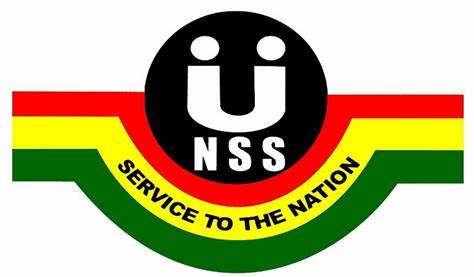Payment of allowances for National Service Persons – Another cycle of delays begin
A new cycle of delays in the payment of allowances for National Service Personnel (NSPs) has begun, with the 2024/2025 batch yet to receive their monthly allowance of GH¢ 715.00 for both November and December.
Only the payment for the October allowance has been made thus far.
The allowance was disbursed in December, a few days before the general election.
According to the National Service Scheme policy, National Service Personnel are entitled to receive monthly payments with the ‘previous month’s allowance arriving in the next.’
Thus ideally, any delay from one month would be settled in the following month.
As of today, 21st January, the 2024/2025 personnel are still waiting for payment.
For years, delays in NSP payments have been a recurring issue.
Each time personnel express their dissatisfaction, they are often told that the delay is due to procedural issues, or that payments are being made in batches.
The NSA has frequently insisted that the affected personnel have not followed the correct procedures, further frustrating NSPs. Some have reported relying on borrowed money to survive. The delays have sparked protests in the past.
For instance, on July 3, 2024, the Concerned National Service Scheme Personnel Association of Ghana (CONSPAG) initiated a nationwide strike over unpaid allowance.
“We are entitled to our monthly allowance as we render mandatory service to the state.
According to NSS rules and regulations, personnel who fail to report at the post for three months after posting will be sanctioned and we have been working with empty stomachs and other unfriendly conditions of work for five and three months without allowance’’ the statement released about the protest read.
Are NSPs losing faith?
While NSPs have historically voiced their grievances and protested over non-payment in recent months, there has been a noticeable decline in vocal protests from NSPs, even though delays continue.
Have NSPs come to expect that their complaints will fall on deaf ears or do they only think their voices will be heard when the delays run into three or five months?
Many have been advised not to depend on their monthly allowance, but for those with no other financial options, this creates severe financial struggles.
In a country where the cost of living continues to rise and jobs are scarce, the GH¢715 monthly allowance, though modest, is a crucial lifeline for many of these young graduates.
In a bid to uncover corruption and mismanagement within the National Service Authority, The Fourth Estate was set to release an exposé on December 3, 2024. However, just hours before the publication, the NSA filed for and obtained a 10-day court injunction to prevent the publication.
The court order, which was served by a bailiff to the Media Foundation for West Africa (the organisation behind The Fourth Estate), prohibited the media outlet from publishing their content until the NSA’s side of the matter was heard.
Moreover, there have been numerous speculations on social media about alleged corruption, including opaque recruitment processes and mismanagement of funds.
Whether or not these allegations are true, the fact that the NSA sought a court injunction raises serious questions about the level of transparency within the organisation.
Breaking cycle
During the launch of the National Service Scheme into a fully fledged Authority under Act 1119 in October 2024, President Nana Akuffo Addo emphasised the importance of the National Service Scheme (NSS) in the nation’s development trajectory.
According to him, ‘over 150,000 graduates are deployed annually through the NSS, with 50,000 serving in the education sector alone. This contribution saves the country approximately GH¢ 3 billion cedis in wage costs each year.’
Given the crucial role NSPs play in national development breaking the cycle of delayed payments should be a policy priority.
Relevant stakeholders should attend to the plight of NSPs and implement proper measures to solve the issue of delay in payment.
The young people serving the nation deserve better than to be left in financial limbo month after month.



